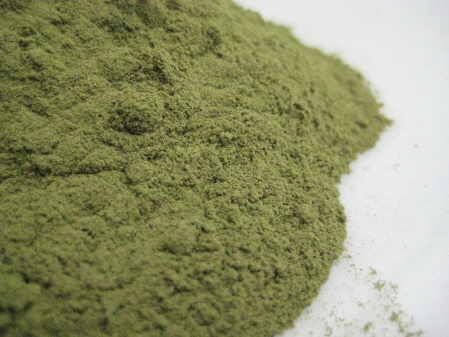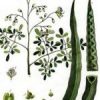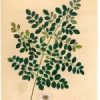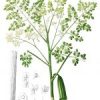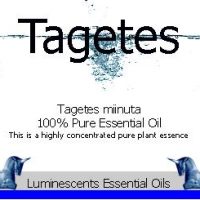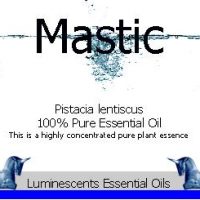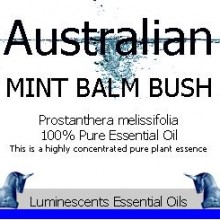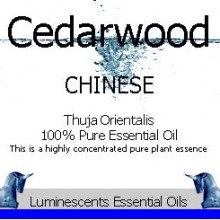BACKGROUND INFORMATION ON MORINGA LEAF AS A MEDICINAL HERB:-
Moringa (Moringa oleifera) whilst not being indiginous to the Caribbean, having been taken there by settlers and forced labour, is now grown all over the Caribbean and large parts of South America and is regarded of high value, particularly in the Caribbean and some parts of Africa.
It is, infact, a native to some parts of Africa and Asia and the name is derived from the Tamil word Muringai. The family of plants it belongs to is Moringacea which contains 13 species that can grow from small herbs to simply enormous trees.
Moringa oliifera ( this product) is native to the foothills of The Himalayas and is remarkably difficult to obtain in this unprocessed and pure organic form.
TRADITIONAL USES OF MORINGA LEAF AS A MEDICINAL HERB:-
Much of the plant is edible by humans or by farm animals. The leaves are particularly rich in Vitamins A, B & C and are mineral and protein rich
100g of Moringa leaves have 9.3 g protein, 434 mg calcium, 404 mg potassium, 738 ?g vitamin A, and 164 mg vitamin C
Much is made of its health giving properties and it has a lot of fanatical adherants all round the world, none more so than in some parts of Africa and Jamaica. It is certainly true that a tea made from the leaves contains over 40 different anti – oxidants, is mineral, protein and vitamin rich and contains many anti inflammatory compounds. It is an all round healthy product that many people benefit from using regularly.
Traditional uses for it also include the following:-
anaemia, arthritis, rheumatism, asthma, as a mild laxative, diabetes, epilepsy, stomach discomfort, ulcerations, headaches, cardiac problems, high blood pressure, kidney stones, as a diuretic, thyroid disorders, parasitical infestations, bacterial and fungal infections, as an antiviral. It is used as an aphrodisiac, improving the sex drive (libido) boosting the immune system, as an emmenogogue and as a nutritional tonic or supplement.
There is no evidence that it can help in any of these conditions at all – it is all purely traditional and historical usage that determines these beliefs but there are so many fans of this very unusual plant, all over the world, that one often wonders why no large scale clinical trials have been undertaken – the only thing that is most certainly and demonstrably true is the nutritional attributes the leaves have.

